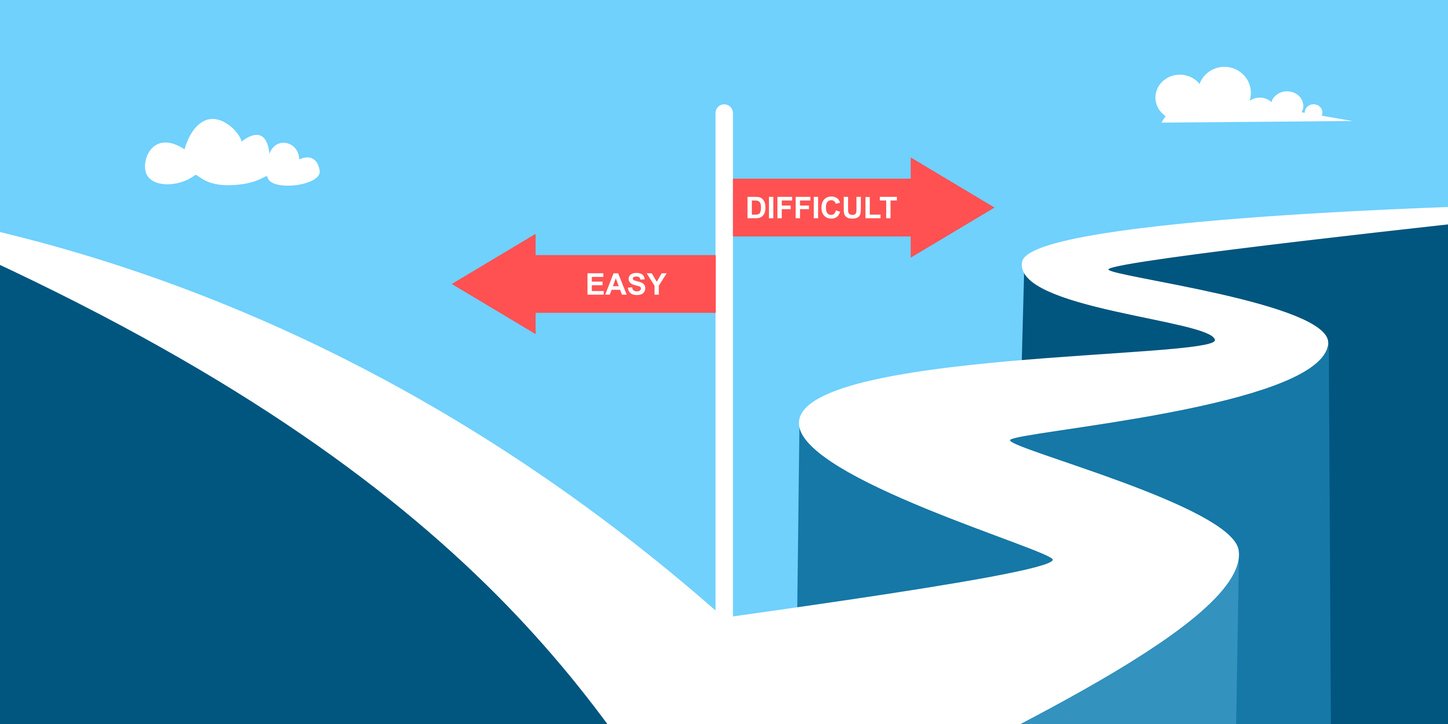Founder Mode and Scaling Up a Business
Successfully scaling up a business requires much more than just hiring well, trusting processes and keeping employee team members happy. Successfully scaling a business demands that the founder remain deeply engaged and relentlessly sharing their vision while continuously adjusting the trajectory.
Paul Graham recently coined the term "Founder Mode". I strongly encourage you to read Graham's September 1, 2024 essay. While this is nothing new, this needs to be acknowledged and discussed.
"There are things founders can do that managers can't, and not doing them feels wrong to founders, because it is." - Paul Graham
Dear fellow Founder...
Building a company from the ground up demands much more than ambition; it requires a focused vision coupled with an unrelenting commitment to being involved in the day-to-day operations, even as the company scales. Building a company from the ground up is a lonely sport.
Paul Graham's recent essay regarding "Founder Mode" shares a perspective that directly-challenges traditional management thinking. His perspective perhaps provides permission and makes the case for founders staying deeply engaged with their businesses, defying the common belief that delegation and detachment are key to success. Instead, Founder Mode offers a path to sustained growth by keeping the founder directly involved, ensuring that the company remains aligned with its core mission.
This mindset is not simply a strategy; it is a choice between thriving and slipping into mediocrity.

In contrast to Founder Mode, the more conventional "Manager Mode" encourages entrepreneur / founders leaders to step back, hand their "baby" over to hired (and hopefully skilled) managers, and trust their team to make the right decisions. This method, often taught in business schools and found in many business operating system books, suggests that a leader should focus on high-level strategy and leave the details to others. However, Paul Graham’s experience with founders in Silicon Valley reveals a startling truth: Manager Mode seemingly leads to an almost inevitable disconnect. The further founders distance themselves from their company’s operations, the more likely they are to witness its decline.
My 25 years of being an entrepreneur and coaching and guiding founders MASSIVELY supports the Founder Mode concept.
The Battle Between Founder Mode and Manager Mode
Founder Mode and Manager Mode represent two entirely different philosophies of leadership. In Founder Mode, the founder remains closely involved in the business, actively engaging in skip-level meetings and ensures that no part of the company strays from its original vision. This approach is not about micromanaging for control’s sake—it is about guarding the vision and integrity of the company. The founder serves as a hands-on leader, knowing that every decision can make or break the company’s trajectory.
On the other hand, Manager Mode pushes founders to step back and allow their managers to run the business. It is built on the idea that leaders should delegate responsibility and trust their teams to handle the details. But this traditional model often leads to disconnection and disengagement. When founders hand over too much control, they risk losing the very essence that made the company successful in the first place.
The Micromanager Label: Redefining Leadership
The drumbeats of political correctness are deafening... Leaders in Founder Mode are frequently branded as micromanagers—seen as overbearing or unwilling to trust their teams. But this criticism misses the mark. True Founder Mode leadership is not about nitpicking or controlling every move. Instead, it is about ensuring alignment with the company’s mission and ensuring that every team member is working toward the same goals. This level of involvement is critical for companies seeking to scale without losing sight of their core values.
Take Steve Jobs as an example. Often referred to as a micromanager, Jobs was deeply involved in every aspect of Apple’s operations, from product design to marketing. While some viewed this as overbearing, it was Jobs' attention to detail that kept Apple ahead of the curve. Skip-level meetings —where Jobs would engage directly with employees across different levels of the company—allowed him to stay connected to the heart of the business, ensuring that no one lost sight of Apple’s vision.
Lest we never forget that Steve Jobs (Founder) was fired from his own company and John Skully (Manager) ran Apple into the ground. Read Ex-Apple CEO John Sculley: Here's How I Ran The Company Into The Ground.
The Dangers of Manager Mode: A Warning to Founders
Paul Graham's essay was inspired by a recent talk Brian Chesky (CEO of Airbnb) gave at a Y Combinator event regarding the pitfalls of conventional wisdom suggesting founders should bring in seasoned managers to grow their company.
"Hire good people and give them room to do their jobs. Sounds great when it's described that way, doesn't it? Except in practice, judging from the report of founder after founder, what this often turns out to mean is: hire professional fakers and let them drive the company into the ground." - Paul Graham
If you, as a founder or CEO, choose Manager Mode, you are very likely taking a massive risk. While it may seem like the right move to delegate responsibilities and allow others to take charge, this approach can lead to a loss of direction AND a complete loss of commitment. Remember... Interested people do what is convenient and committed people do whatever it takes. Middle management often lacks the intimate understanding of the company’s mission that the founder has, which can lead to misinterpretations and misguided decisions. The entrepreneurial spirit that fueled the company’s initial success can be quickly stifled by layers of bureaucracy. And no one is going to love your baby like you do. No one.
Paul Graham explains that when founders adopt Manager Mode too early, they often end up hiring “professional fakers”—individuals skilled at managing up but lacking the substance to drive the company forward. As a result, the company drifts or flounders, and the founder’s vision fades.
The harsh reality is that Manager Mode often leads to mediocrity.

The data does not lie
Fortune recently published Is 'founder mode' or 'manager mode' better? Here's what the 22 Fortune 500 companies still run by founders show
The data screams. Fortune's analysis suggests the following:
- Cumulative total return during the founder CEO's tenures - a 20:1 return difference of founder CEOs relative to the rest of the 500.
- Performance vs the sector (performance score of 100 equals the sector) - the founder-CEO companies delivered over a 6x score.
Founder Mode: Your Path to Success
For Founders, CEOs, and entrepreneurial leaders determined to scale their companies and truly play-to-win, the choice is clear. Founder Mode is not about being a control freak—if about being a visionary. By staying connected to the core operations, you ensure that every decision aligns with your vision and the company’s mission. This level of involvement is essential for companies seeking to grow without compromising their values.
The stakes are high. Embrace Founder Mode—stay deeply engaged, make the tough calls, and drive the company forward—or cave to the pressure of adopting Manager Mode and risking the loss of control of your company’s future. The consequences of this decision are very real. Choose Founder Mode, and you enhance your potential to build something extraordinary. Choose Manager Mode, and you may find yourself watching your company slip into irrelevance.
Choose carefully and act now. Founder Mode demands bold, decisive action. There is no try—only do. The choice is yours.
Chris Young is a Trusted Advisor To Founders / CEOs | Certified Scaling Up Coach | Builder of People, Leaders, Teams & Economic Moats | Strategist and proud founder of The Rainmaker Group.




